In recent years, artificial intelligence (AI) has become an important tool in many fields of medicine, from diagnostic imaging, cardiology to pathology.
In Vietnam, the research team of Prof. Dr. Nguyen Huu Sau - Deputy Director of the Central Dermatology Hospital and colleagues has made a new step forward when pioneering the research and development of an AI system to support the diagnosis of psoriasis, atopic dermatitis and skin cancer. These are three common diseases that greatly affect the quality of life, while the human resources for dermatology at the grassroots level are still limited.

Prof. Dr. Nguyen Huu Sau - Deputy Director of the Central Dermatology Hospital shared about "Research on developing artificial intelligence systems to support the diagnosis of psoriasis, atopic dermatitis and skin cancer in Vietnam".
Building the largest dermatological image database in the country
Sharing on the sidelines of the 2025 Annual National Dermatology Conference and the 3rd Vietnam Dermatology Research Conference, Prof. Dr. Nguyen Huu Sau - Deputy Director of the Central Dermatology Hospital said that dermatology is a specialty with special advantages for applying AI thanks to its rich clinical imaging system, which is easy to record in images. Meanwhile, many localities lack specialized doctors, patients are forced to travel far for examination, putting pressure on central hospitals.
Experiences from the Teledermatology model in France and the reality of patient overload in Vietnam over the past years have made the research team realize the need to research and apply technology to support diagnosis, reduce the burden on the health system and increase accessibility for people.
By 2017, when the domestic technology environment developed and the AI engineering team became more mature, the topic " Research and development of artificial intelligence systems in supporting the diagnosis of psoriasis, atopic dermatitis and skin cancer in Vietnam " was officially approved by the Ministry of Science and Technology . The topic focuses on three diseases with high frequency and typical clinical lesions: psoriasis, atopic dermatitis, and skin cancer.
The research team has built a database of 9,000 to 12,000 images for each disease, including normal radiographs, dermoscopy and histopathology. All images are carefully consulted and labeled by leading experts at the Central Dermatology Hospital, 108 Military Central Hospital and Thanh Hoa Dermatology Hospital.
" This amount of data is superior to many international studies, creating a solid foundation for highly effective deep learning models," Professor Sau informed.
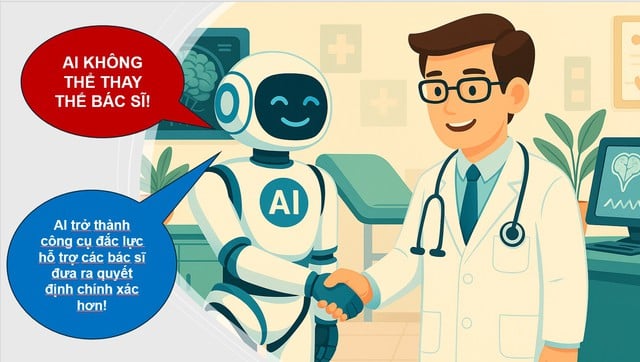
AI system deployed on web and mobile applications
According to the Deputy Director of the Central Dermatology Hospital, the AI system is integrated on a server located at the Central Dermatology Hospital, connected to web applications at the provincial level and applications for patients. The usage process includes 4 steps:
- The patient or doctor takes a photo of the skin lesion.
- Photos are uploaded to the system.
- AI analyzes and returns results in 20–30 seconds.
- Results include the percentage of each disease and the necessary direction (especially important for skin cancer).
"This model helps patients in remote areas to be screened early, reducing anxiety, while doctors at lower levels have additional tools to strengthen diagnosis," Professor Sau added.
During the pilot implementation phase at the Central Dermatology Hospital, the Dermatology Department of the 108 Central Military Hospital and Thanh Hoa Dermatology Hospital, the system recorded very positive results:
Sensitivity :
- Psoriasis: 97.1%
- Atopic dermatitis: 100%
- Skin cancer: over 85%
Specificity :
- Psoriasis: 98.5%
- Atopic dermatitis: 96.67%
- Skin cancer: 99.63%
Notably, according to Professor Sau, in some controlled trials, AI even recognized more accurately than the group of doctors participating in the assessment thanks to "learning" on large, standardized and consistent data volumes. This is a factor that is sometimes difficult to ensure in actual clinical practice, because skin lesions can be altered by topical medications or the patient's scratching behavior, making it difficult to diagnose with the naked eye.
Research results show that AI can absolutely become a powerful assistant for dermatologists, especially at the primary level. The system is capable of supporting doctors in initial screening quickly and accurately; reducing the burden on the central level; helping patients access medical services more conveniently; creating the premise for developing comprehensive dermatological care applications in the future.
The research team expects that after the State-level acceptance, the model will be piloted at the Central Dermatology Hospital, then replicated nationwide. At the same time, the team also proposed expanding cooperation with technology enterprises to perfect the application, improve user experience and put AI into practice more effectively.
Researching and developing an AI system to diagnose three dermatological diseases in Vietnam is a step in line with international trends and the domestic context. With its effectiveness proven by data, the system is expected to support doctors in diagnosing faster, more accurately and more effectively, bringing great benefits to the community.
"AI will not replace doctors, but will certainly become a powerful support tool, contributing to building a modern, humane, and international-standard dermatological care system," Professor Sau emphasized.
Source: https://suckhoedoisong.vn/nghien-cuu-ung-dung-ai-ho-tro-chan-doan-3-benh-da-pho-bien-o-viet-nam-16925111613092692.htm










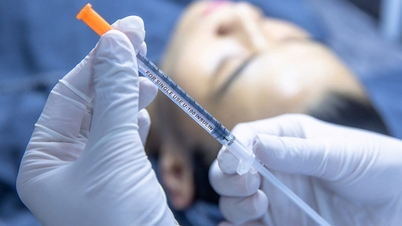


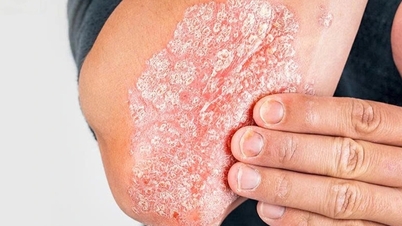








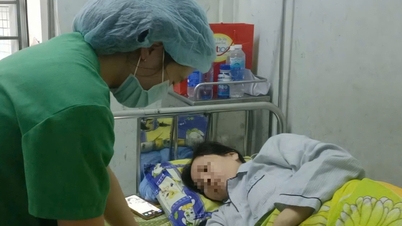








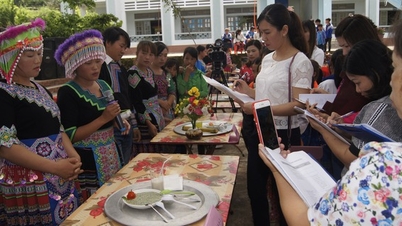
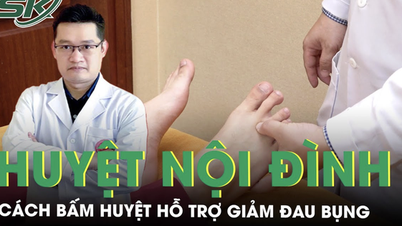




![[Photo] General Secretary To Lam and National Assembly Chairman Tran Thanh Man attend the 80th Anniversary of the Traditional Day of the Vietnamese Inspection Sector](https://vphoto.vietnam.vn/thumb/1200x675/vietnam/resource/IMAGE/2025/11/17/1763356362984_a2-bnd-7940-3561-jpg.webp)



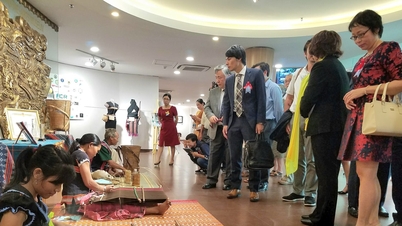







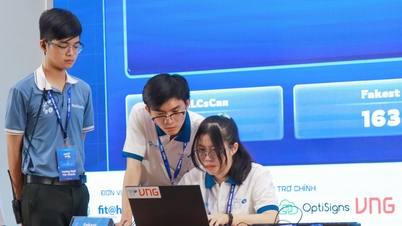


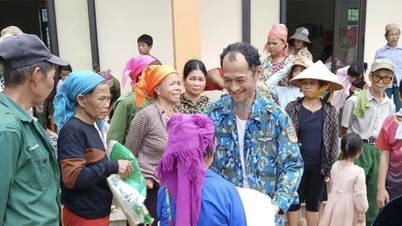











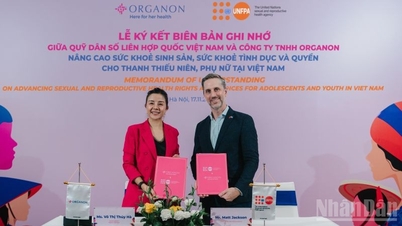










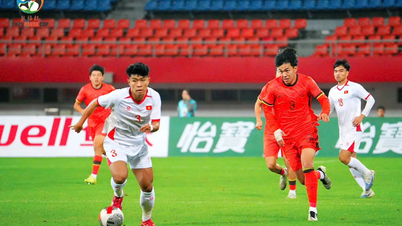




























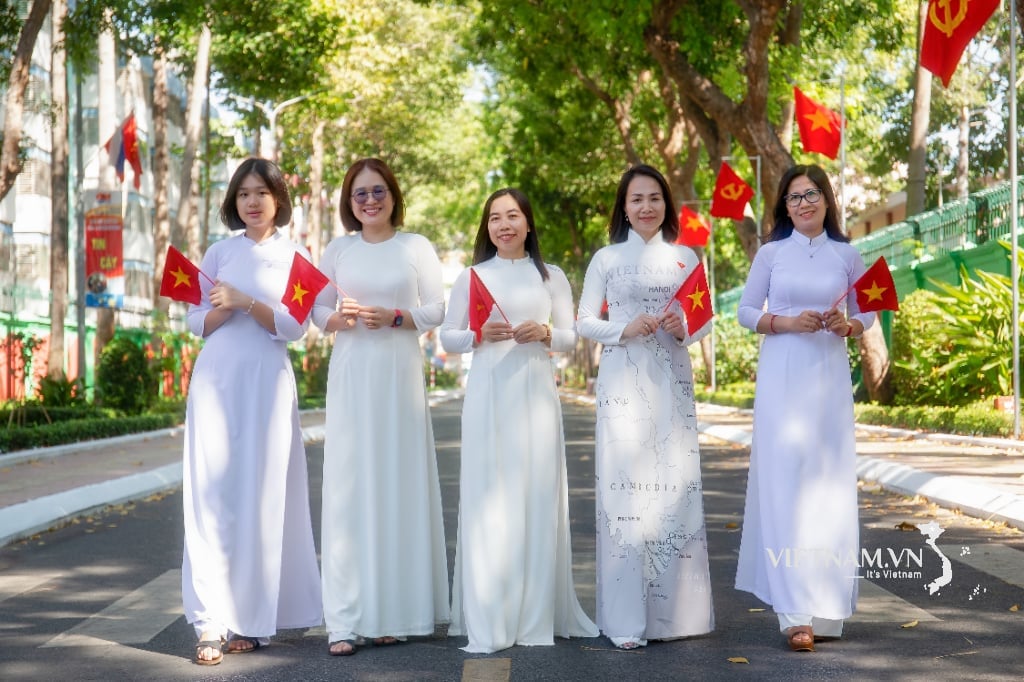



Comment (0)